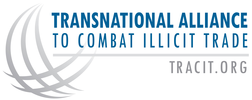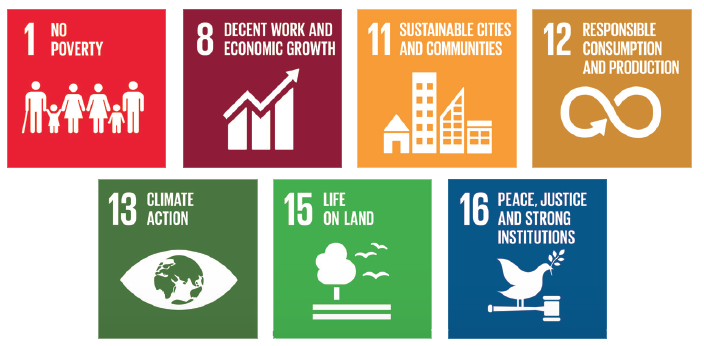Illicit trade in Cultural Property
|

Illicit trade in cultural property – meaning the illicit import, export and transfer of ownership of cultural property – is a growing threat within global trade. As noted by UNESCO, every day, somewhere in the world, a cultural object is looted, stolen from a museum, illegally excavated, or smuggled across a border. This trafficking in cultural property damages cultural heritage worldwide, deprives people of their history and culture and weakens social cohesion in the long term.
By definition, illicit trade in cultural goods happens clandestinely and takes many different forms, including but not limited to:
The situation has worsened in recent years, due to the increase of conflicts, a shift towards online market places - including popular social networks that serves as new marketing channels, and the pandemic, which has weakened the capacity to monitor heritage sites. Other challenges include a lack of coherent and systematic data collection necessary to analyse the dimensions of illicit trade in cultural goods. This lack of good quality data on this crime helps perpetuate a vicious circle: without a good understanding of the size of the problem, it is difficult to muster political prioritisation and adequate resources to fight it. At the same time, without adequate resources dedicated to the issue the nature and scale of the problem cannot be properly understood. Addressing threats to irreplaceable cultural resources and protecting and preserving cultural heritage requires the attention and cooperation of the international community. International organizations and national authorities, along with law enforcement agencies, customs services and private sector stakeholders have an important role to play in stopping the looting, trafficking, and sale of cultural property. |
Learn how illicit trade impacts the achievement of the UN Sustainable Development Goals
From smuggling, counterfeiting and tax evasion, to the illegal sale or possession of goods, services, humans and wildlife, illicit trade is compromising the attainment of the UN SDGs in significant ways, crowding out legitimate economic activity, depriving governments of revenues for investment in vital public services, dislocating millions of legitimate jobs and causing irreversible damage to ecosystems and human lives. The TRACIT report Mapping the Impact of Illicit Trade on the Sustainable Development Goals investigates illicit trade in 12 key sectors that participate significantly in international trade and are most vulnerable to illicit trade. For each sector, the negative impacts of illicit trade are mapped against the 17 UN SDGs. The full report is available here. |


